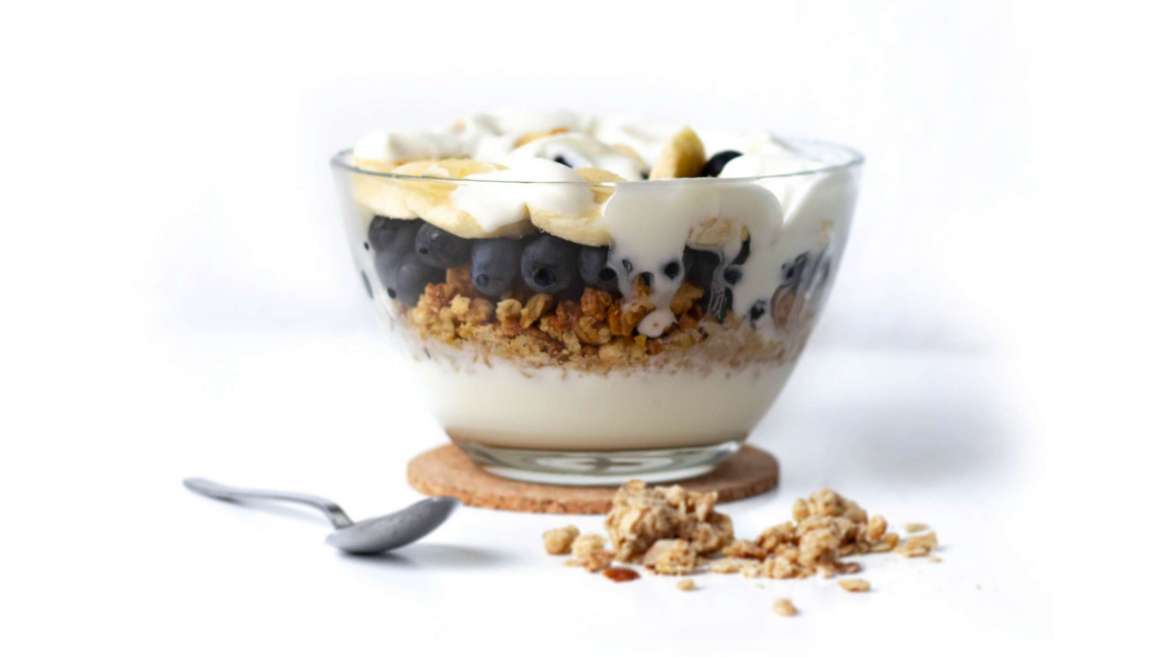At one time, our digestive system was considered a simple body system comprising the mantra eat-digest-excrete-repeat. But with millennials leading fast and stressful lives and eating things that might not even qualify as being called ‘food’, things are no longer that simple.
The medical community has been coming up with extensive research and finding links between the importance of gut health and a healthy mind, mood, immune system, skin, an endocrine disorder, and dreaded cancer.
What is the Link between Gut and Brain?
To understand this, first, we need to understand the importance of the ‘Gut Microbiome’.
Although we always relate to bacteria as something which causes illness, not all bacteria are harmful. There are between 400 to 500 different species of microbes or bacteria living in our digestive tract. There is a community of microbes known as the ‘Gut Microbiome.’ These healthy bacteria help in the digestion of food and help the human body obtain all essential nutrients, which in turn boost our immune system that helps combat depression, obesity, and various other illnesses.
The Gastrointestinal Tract (GI tract) or your Gut is connected to the brain through the ‘Vagus nerve,’ which acts like a cable that connects the heart, the GI tract, and the lungs to the brain. This nerve takes the signal to the ‘Hypothalamus’ region of the brain, which controls ‘hunger’ and ’emotions.’
Ninety percent of microbes in your gut help produce a happiness chemical called ‘Serotonin.’ Any imbalance in ‘Gut Microbiome’ affects Serotonin, which affects your sleep, appetite, and emotions.
Thus, the new saying, ‘Unhappy Gut Unhappy Mind’!
How to know if the gut is unhappy?
Your gut sends signals. This is how:
- Irritable Bowel Syndrome (IBS) – which causes abdominal cramps, gas, bloating, and diarrhoea or constipation or, at times both
- Sleeping Disorders
- Constant Fatigue
- Sugar Cravings
- Weight changes like weight gain or weight loss
- Skin conditions like eczema
- Poor quality of bacteria can lead to food intolerances
All the above problems leave us stressed out and unhappy, and irritated.
What can you do to improve Gut health?
Read these signals and try to make these small but healthy changes to have a trouble-free healthy Gut:
- Food – plays an essential part in maintaining the health of the ‘Gut Microbiome’. Avoid processed, high-fat and sugary food. There are a plethora of yummy food choices which actively promote the growth of beneficial bacteria, such as,
- High-fibre food – oats, beans, legumes, peas, bananas, berries, asparagus, and leeks.
- Fermented foods – such as yogurt, kimchi, kefir, miso, sauerkraut are excellent natural probiotics sources.
- Garlic and onions – have immune system enhancing and anti-cancer properties.
- Check for food intolerances – in case you are prone to IBS, check for food intolerance and try to eliminate them to avoid trigger points.
- Chew slowly – eating your meals slowly can help promote complete digestion and absorption of nutrients.
- Hydration – good water intake has many beneficial effects on the mucosal lining of the intestines and balances good bacteria in the gut.
- Avoid overuse of medication – like painkillers and antibiotics as they damage your gut lining and cause imbalance.
- Sleep and exercise – again, a significant booster for a healthy gut.
Remember the human gut has a significant impact on the body’s overall health. A healthy gut means – healthy brain, healthy heart, healthy sleep, and a robust immune system. Make sure you analyse your gut and make those changes to lead a happy and healthy life!!



